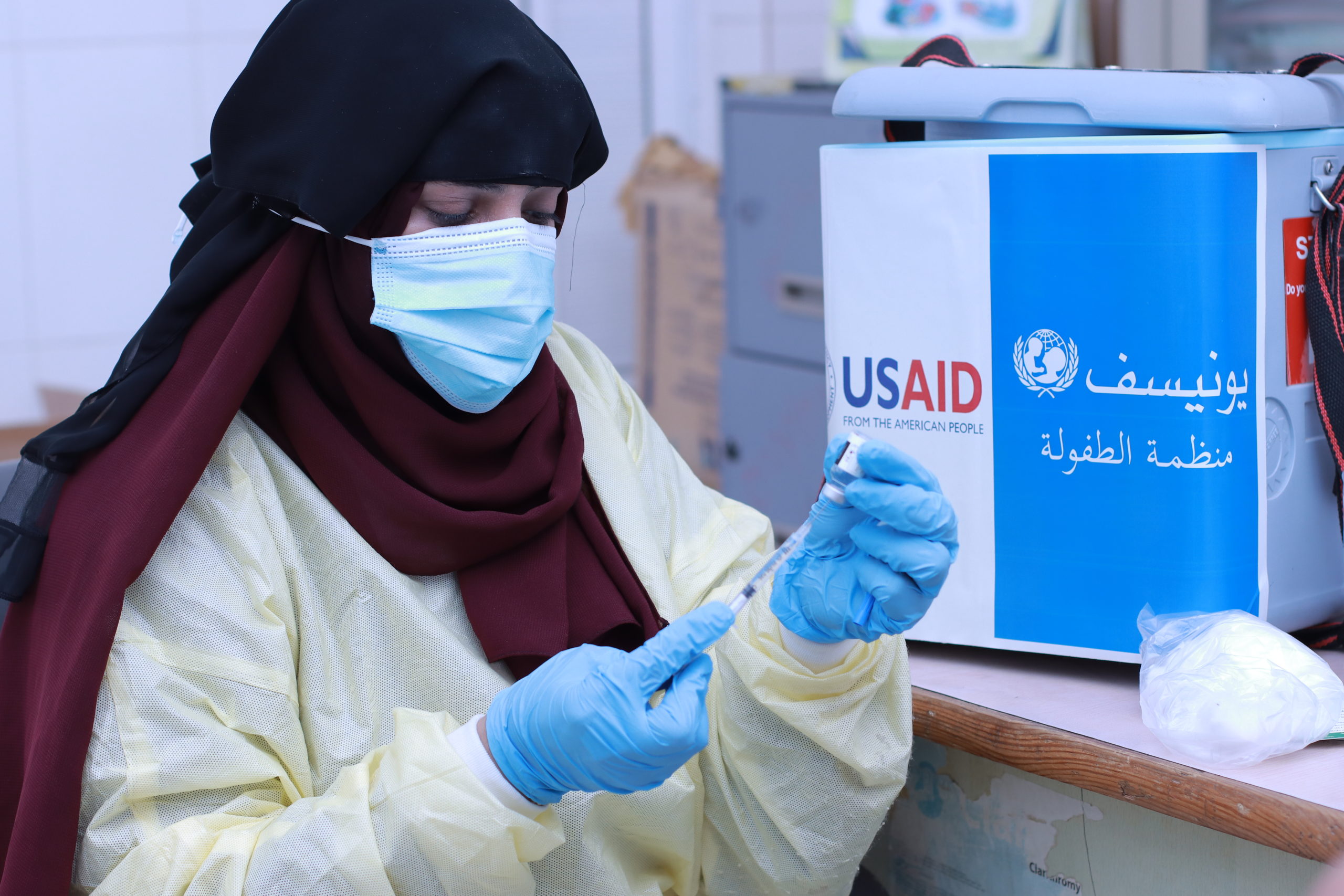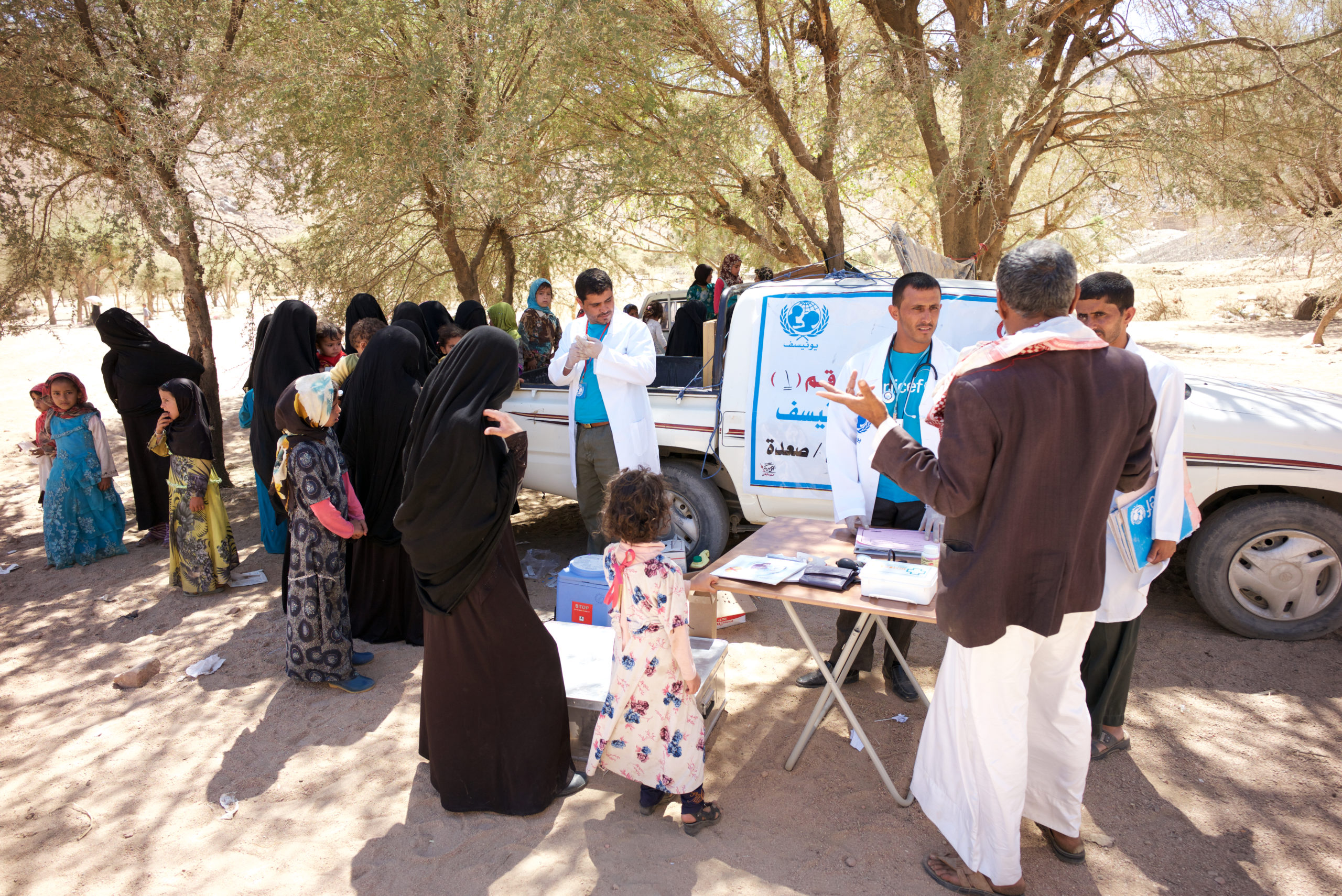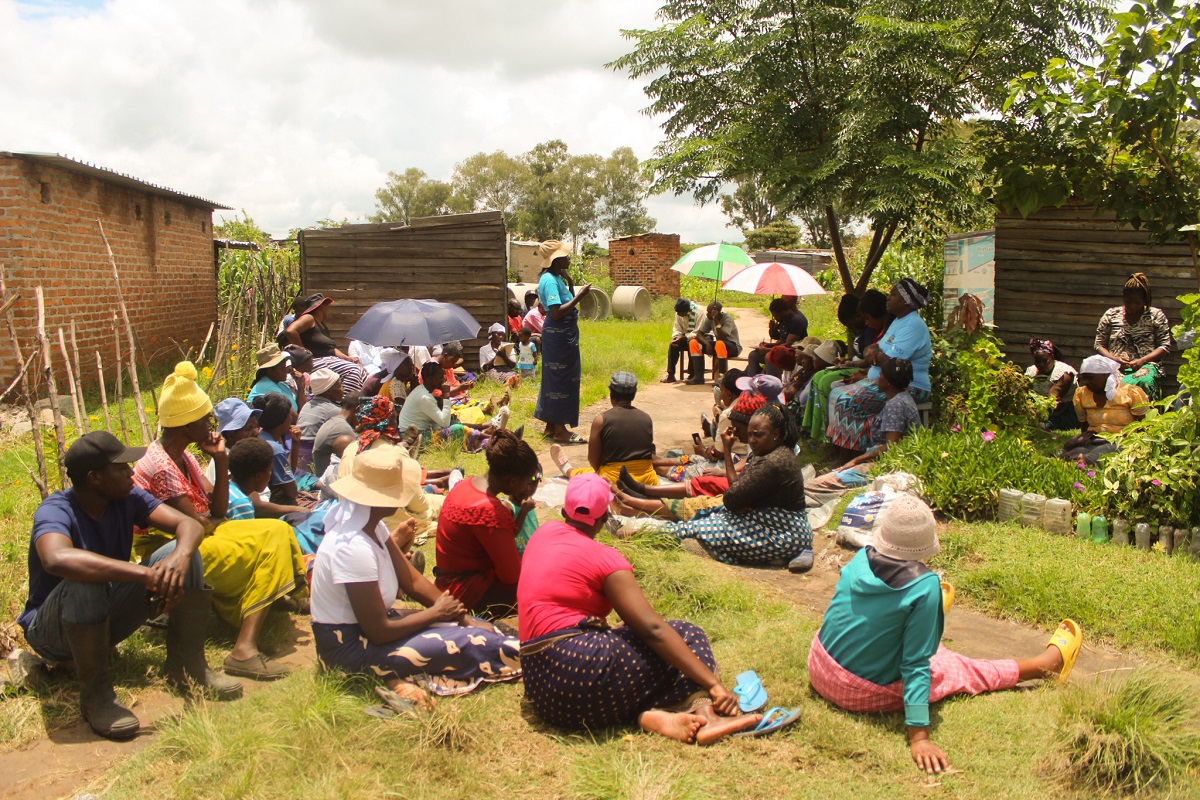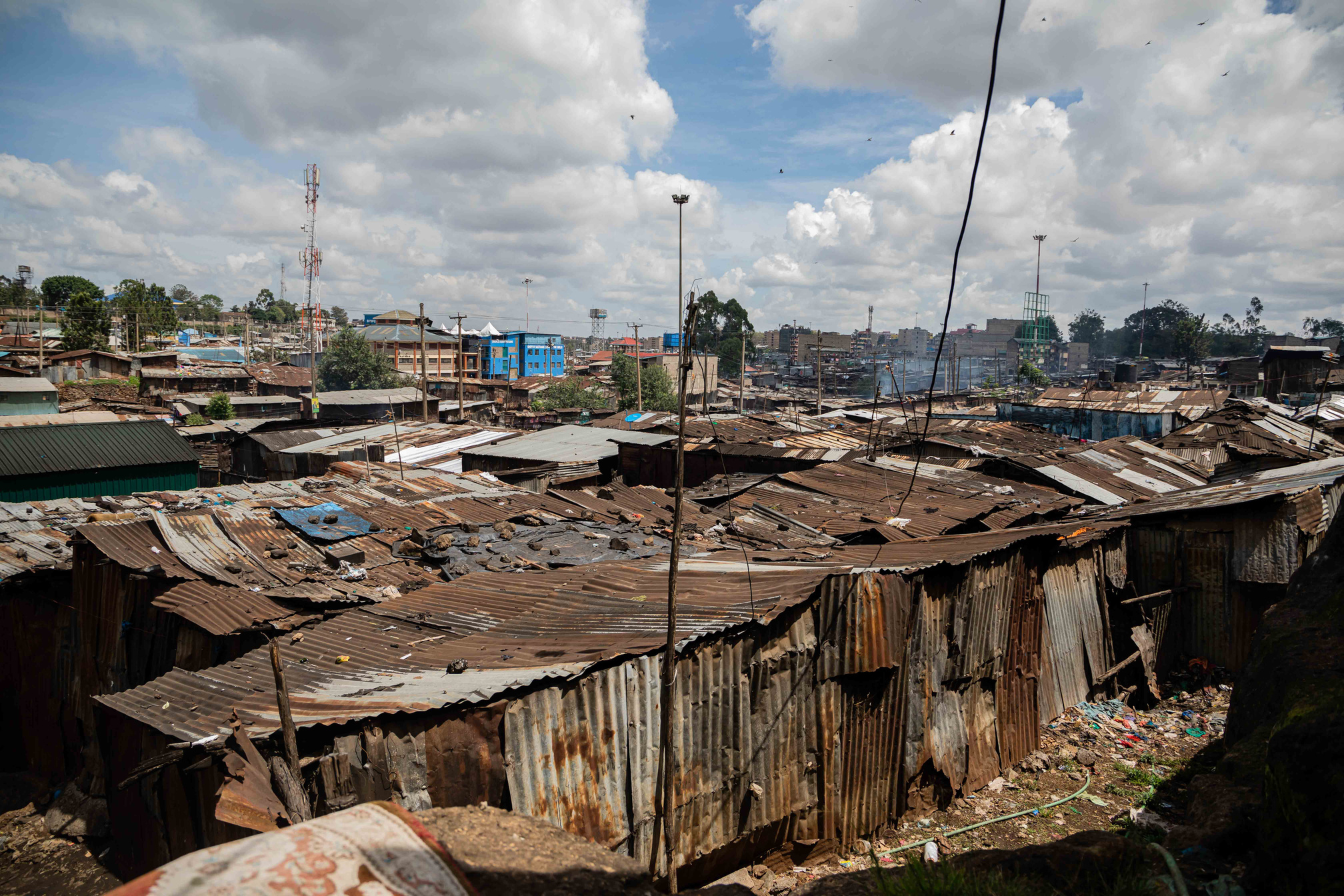The first part of this study, conducted by Yemen Policy Center in December 2020 during the first wave of the pandemic in Yemen, presented the factors that prevented security institutions from playing a more effective role in the field of public security in the city of Taiz as early Covid-19 measures were being issued. A series of field interviews collected by Yemen Polling Center highlighted a range of factors and how they had become obstacles to implementing an effective campaign to confront the Covid-19 pandemic. Lack of resources, the historical lack of confidence in security institutions, and the divergence of interests between government agencies, led to insufficient coordination and unwanted interference from government institutions.
Over the duration of the research project and moving through the first and second waves of the pandemic, as the data was collected and analysed, we saw the pre-existing conflict and socio-economic conditions in Yemen being exacerbated by Covid-19. In Taiz as our first area of focus, a number of socio-economic challenges included the reliance of large segments of society on daily paid jobs, combined with increased population density, inflation of the Yemeni riyal and social unrest. Prior to the slight appreciation of the Riyal that was seen recently following the UN announcement of a two month truce on 2nd April all of the conditions described in our study had continued to make it difficult to implement measures to prevent the spread of Covid-19 given peoples’ needs. These conditions undoubtedly added additional burdens to an already exhausted network of institutions. The gap between the availability of state services and public needs became clear in the first part of the research with people saying that the measures announced by the state were rarely designed to meet the harsh local living conditions in Taiz. Government institutions were not effective in communicating with the public and this tended to be a pattern across both parts of the research. The community had welcomed police participation in the enforcement of Covid-19 measures but due to a lack of resources, public expectations were low, and the police were ultimately unable to build confidence through their performance. Public trust and, by extension, expectation was found to be substantially higher in local doctors and nurses and in health focused CSOs in the second part of the study.

Here in the second part of the study led by Political Settlements Research Programme (PSRP) in Taiz and Hadhramaut emerged the indispensable role of local health actors and Civil Society Organizations (CSOs) as a link between state institutions and wider society. In part one in Taiz, Yemen Policy Center had also found that as part of police-community relations on the ground in Taiz, if implementation of policies was to be likely there was a need for CSOs to take into account and engage with the political dynamics and economic interests of security institutions and how this impacts local authorities and subsequent effective policy planning. In the second part our study, we saw the Covid-19 response efforts of local health actors and CSOs in part holding the civic-authority relationship together in the face of yet another health crisis in Yemen. In supplementing a range of local authority initiatives, they displayed an understanding of the dynamics of policy planning and security actor interests that the Yemen Policy Center had identified the need for. Participants in part two described an understanding of donor and local authority relationships in the decision-making processes around development and health projects. Health actors and CSOs led field responses, raised awareness, and convened medical and financial resources, channeling these efforts towards rural areas or households and communities critically in need.
We saw overlaps with the major themes arising from Yemen Policy’s study continuing to emerge in the answers of respondents involved in PSRP’s study. We saw police both unable and, in some cases, unwilling to enforce Covid-19 measures controlling mosque gatherings or marketplaces where Yemen Policy Center had identified a clear need for police to prioritise the interests of communities. As medicines were increasingly described as disappearing from markets in part two, local health actors and CSOs partly bridged the gap and sourced medicines to households in need or to isolating households. We had also seen a need in the first part for local authorities to engage and consult more with informal and formal security actors in order to ensure the wider security sector has an interest in successfully implementing orders. In the second part, we saw health teams and CSOs displaying an innate ability to negotiate access at checkpoints pushing armed actors to communicate with their affiliated local authority health offices, navigate contested areas around frontlines sometimes without vehicles and build relationships with a range of armed actors in both governorates in order to gain access to areas and deliver Covid-19 responses.
Beyond the hopeful development in the announcement of a presidential council in early April, negotiation and cooperation between actors at the local level, that provide health responses and critical services, remain critical alongside deliberations around a new direction towards a political settlement, and beyond this. The modalities through which local systems were adopted among local actors are imperfect, but in the face of ongoing intense pressure and the further strain caused by the pandemic, they have continued to function, demonstrating that civil society-led responses can create a level of stability and social acceptance beyond national directive or coordination. While it is partly true that people have not adhered to information or protective measures during the Covid-19 pandemic simply because they could not, or because they have lost all trust in the state, it is also important to understand the effectiveness of collective local community and community health-oriented responses. We saw local communities setting up field hospitals in remote areas able to receive patients from neighbouring governorates, CSOs and local health teams travelling into remote areas and villages around frontlines to raise awareness about Covid-19, health teams distributing medicines and oxygen to households with identified cases most critically in need and CSOs usually focused on other illnesses, such as cancer, redirecting their focus to respond, carrying face masks and cleaning products to households and leading awareness raising campaigns.

While the actors that make up these local networks have not been included in the national peace process and political deliberations, they have continued to manage complex conflict conditions, to maintain a reasonable level of societal function. In the context of a response to the pandemic, continued state collapse, further stalls to and calls to reform the peace process and, more deeply, the social contract in Yemen, this study is another reminder that none of this should detract from the strengths of civil society-led and local responses. As an equally important part of the social contract, these actors continued to display a fundamental understanding of societal views of the state and of the conflict and displayed a profoundly cohesive quality during yet another crisis for Yemen.
In the final part of the project, Peace-Rep worked with Peace Track Initiative and Women’s International League for Peace and Freedom in holding an experts’ roundtable consultation involving Yemeni women from the policy, peacebuilding, and activism fields. The focus group looked to examine the connections between Covid-19 and the conflict in Yemen and reflected on the prospects of broader inclusion for women as narratives around rethinking the peace process were gaining increased traction at the end of 2021.
Findings of the report can be found at on the Peace Rep website.

